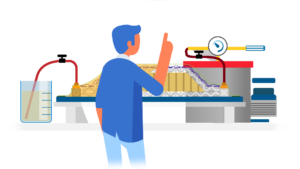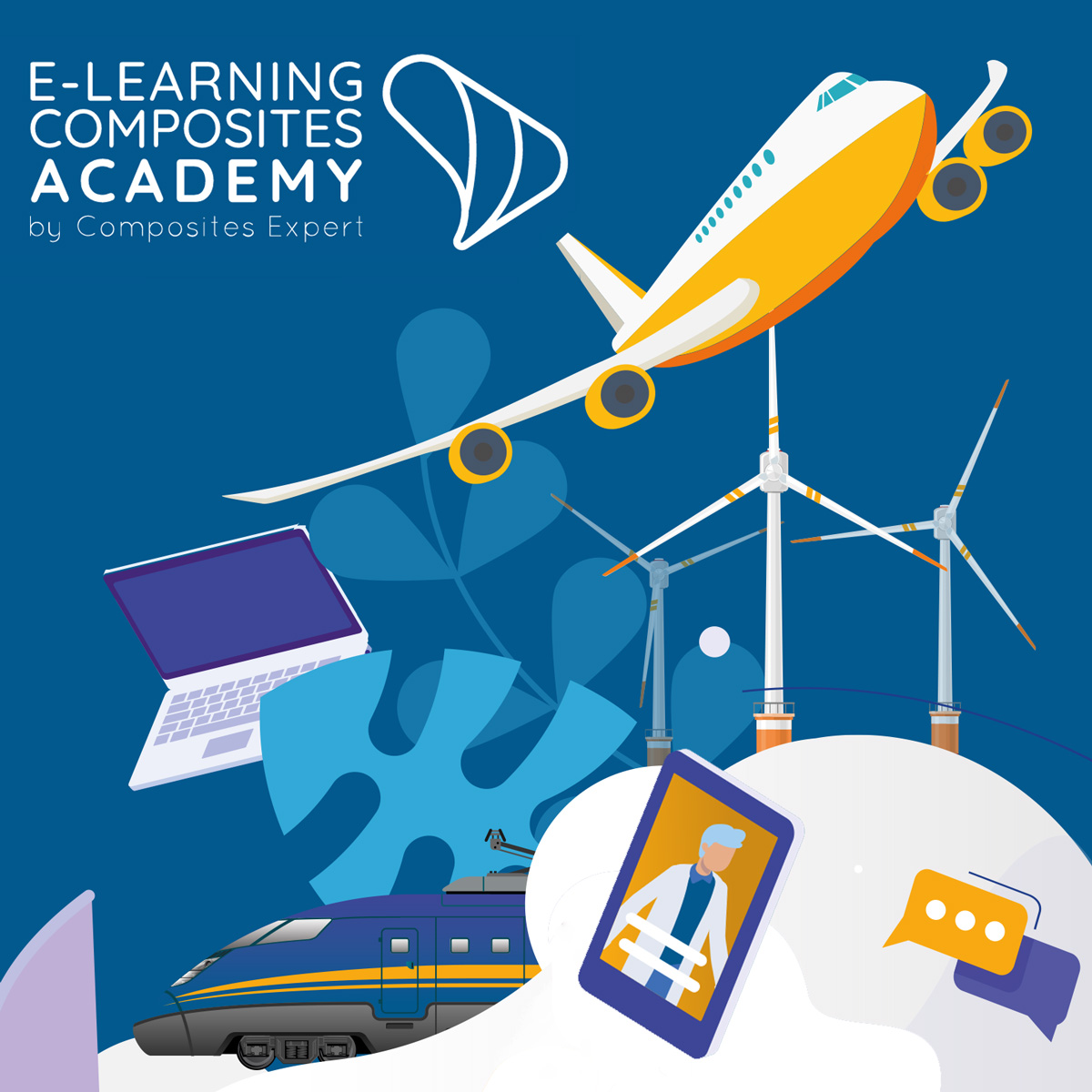Composite 102 – Materials and Vacuum Infusion Basics
Category:
The Composites 102 Program is designed for anyone who has little or no knowledge of the composites industry and wants to learn not only basic materials but also production methods. The aim is to familiarize participants with the elements that make up parts produced with RTM and Infusion technologies and the fundamentals behind these methods. This course introduces the learner to the RTM and infusion conversion processes and helps them to acquire the terminology of these processes and embrace the different raw materials. The course includes basic composite material knowledge, a safety module on working safely with chemicals, as well as the basics of Infusion and RTM. It is a fully online program consisting of 36 modules. It is designed as a program that can be completed by anyone who is interested in composites and wants to improve themselves in production methods as well as basic material knowledge, without the need for an application box and consultant follow-up.
- Composite Basics + Occupational-Environmental Safety (does not include application package and consultant)
The 36 modules in e-Learning , consisting of an estimated 12 hour, 20 minute courses, include the Occupational-Environmental Safety module for composites applications.
- Includes Basic Principles of Infusion and RTM production Technologies.
- The instruction language is English.
- Reinforces learning with mini-tests after each module.
Content:
- Composite Materials Introduction
- Fiber Supplements
- Matrix Resins
- Mechanical Principles
- Tg – Glass Transition Temperature
- Vacuum Infusion 6 Basic Concepts
- Overview of Production Methods
- Infusion – Determining Parameters
- RTM 6 Basic Concept, Injection Types
It is designed for operators, technicians, engineers, R&D units, university and high school level students interested in materials science. Requirements for the Training Program: The Composites 102 Basic Program is suitable for those who have no knowledge in the composites industry or for process operators who want to learn more about production methods. It is also relevant for those working in composite material conversion methods and production, experienced people (project managers, design offices and methods, etc.) or engineers who want to develop and understand the application processes in a practical and theoretical way.

Write to Us for Fiber Spraying Machine Solutions!
Error: Contact form not found.




